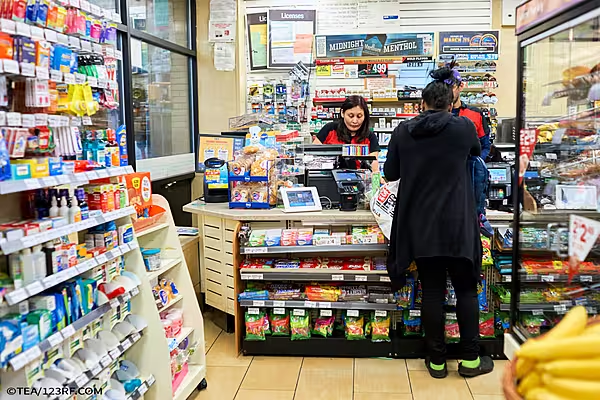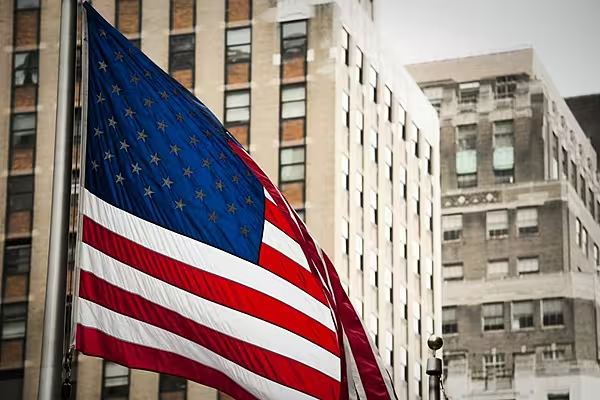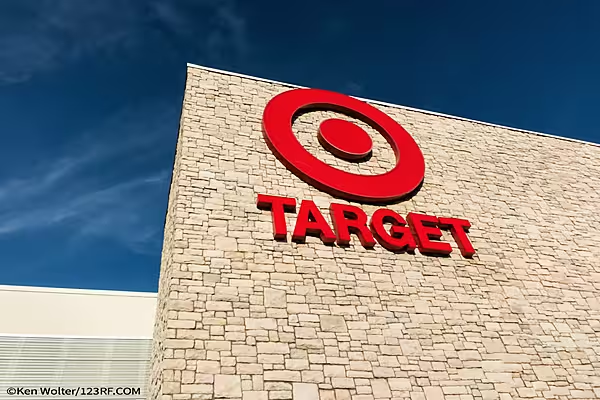The retail trends that are keeping US shoppers away from malls are also putting a damper on deal-making.
The number of mergers involving apparel, shoes and jewellery dropped 12%, to 115, in the past year, and the transactions that are getting done are fetching the smallest premiums since the recession in 2008. They plunged to 3.4%, from 23% a year earlier, according to data compiled by Bloomberg.
A global economic slowdown, especially in key markets like China, has also prompted deal-makers to cut valuations, which were based on unrealistic growth expectations for international and e-commerce sales, said Jeff Streader, founder of the Go Global consulting firm in Los Angeles. In addition to advising private-equity investors in the consumer-goods industry, he started a fund with backers from Asia to buy US and European labels.
“Investors are worried,” said Streader, who sees names like Kate Spade & Co. and Michael Kors Holdings Ltd as overvalued. “As much as I may want to buy a great brand and a retailer that’s in the marketplace right now, we’re not going to overpay based upon the valuations that were inflated.”
Crowded Market
Premium labels Michael Kors and Ralph Lauren Corp. are grappling with competition from Amazon.com, Inc. and other e-commerce companies, which have driven down mall traffic in an already crowded apparel market. The brands have also fallen victim to steep discounts at department stores like Macy’s, Inc., which are shuttering underperforming locations, partly as younger consumers make more of their purchases online or seek out different retail experiences.
The SPDR S&P Retail ETF, an exchange-traded fund that tries to replicate the performance of the S&P Retail Select Industry Index, dropped 5.9% in the past year, compared with a 15% gain in the broader Standard & Poor’s 500 Index.
Weakness in the industry has put investors and dealmakers in a bind. The concerns could limit the takeover price for, say, handbag-maker Kate Spade, which has put itself up for sale, according to Streader. The valuations buyers are willing to pay – measured as a multiple of earnings – have dropped as much as 25% in the past six to 12 months.
Tax Reform
Questions about where tax policy in the US is headed is also taking a toll on deal-making. A Republican corporate tax-reform proposal, which would eliminate companies’ ability to deduct interest payments, would increase borrowing costs. That’s holding back Manny Chirico, chief executive officer of Calvin Klein-owner PVH Corp., from any major purchases for now.
“The uncertainty around the tax position impacts how you would structure an acquisition,” Chirico said in an interview “All deals have a level of uncertainty, and this is another item that you don’t have clarity on.”
For Richard Baum, a managing partner of private-equity firm Consumer Growth Partners, the biggest worry is a border-adjustment tax plan, pushed by GOP House Speaker Paul Ryan. It would replace the corporate income tax with a 20% levy on companies’ domestic sales and imports, while their exports would be exempt. Because of the industry’s reliance on imported goods, Baum said such a plan could batter corporate earnings. The uncertainty has steered him away from investing in companies that sell consumer products and toward service-oriented businesses, such as salons and fitness centres.
“It can be disastrous on the buyer,” said Baum, whose firm has more than half of its deals in apparel, footwear, accessories and jewellery. “All of a sudden, the business is associated with a huge tax that was not foreseeable.”
Chirico estimated that the border-adjustment tax would force PVH to raise prices by 13% just to break even.
Wal-Mart’s Push
In terms of competition with online vendors, companies may do well to follow the example of Wal-Mart Stores, Inc., which is taking aggressive steps to battle Amazon, tapping technology and social media to drive buzz and fuel growth.
Earlier this year, Wal-Mart began offering free two-day shipping with no membership required. It spent $3 billion to buy online upstart Jet.com last year, and has since snapped up other e-tailers, such as Moosejaw and ShoeBuy. The impact: Wal-Mart posted 29% growth in online sales in the most recent quarter, following a 21% increase in the previous quarter.
While the retail market remains weak, there is still M&A demand for smaller brands, and investment in e-commerce infrastructure could help boost earnings and valuations, said Nanette Heide, a partner at law firm Duane Morris LLP in charge of fashion retail. There are private-equity funds and companies with a lot of cash at their disposal, she said.
“If you can hit on the right acquisition, it can really be a home run for you,” she said.
News by Bloomberg, edited by ESM. Click subscribe to sign up to ESM: The European Supermarket Magazine.













